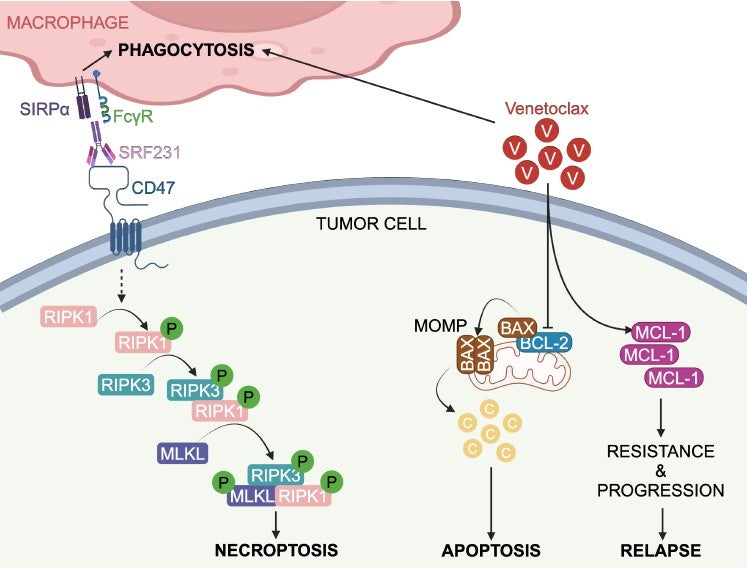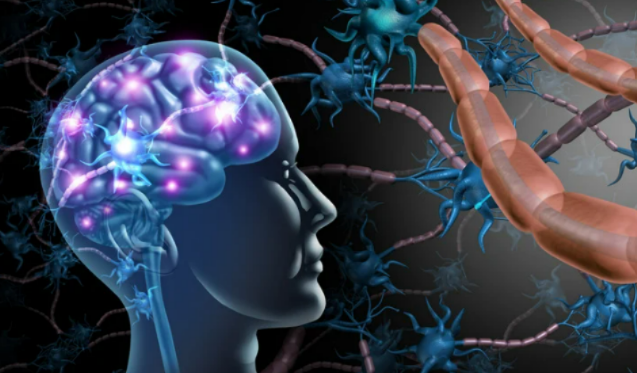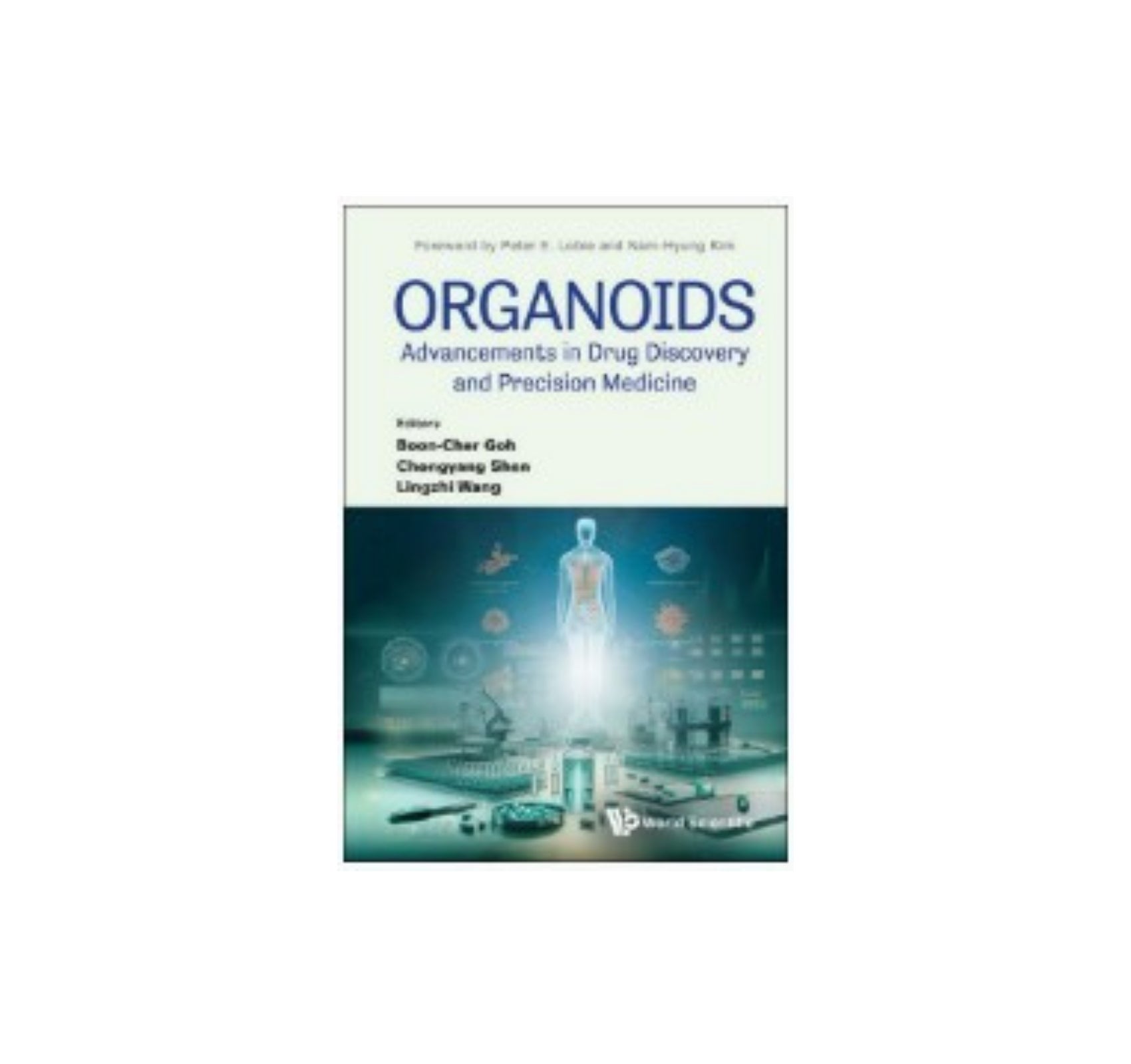Cancer is known to kill mainly by spread to distant organs and destroying normal function. For a long time, the relationship between the original cancer, and the metastases in distant organs was not well understood – did they grow independently of each other with different behaviour? In this study helmed by Prof. Goh Boon Cher, the authors sought to determine the mechanism underlying the high capacity of Non-small cell lung cancer (NSCLC) for metastasis by examining the content of extracellular vesicles (EVs) released by NSCLC cells. Now the research group has found that cancers communicate through biomolecules carried by what was previously considered “cellular garbage” (EVs) circulating through the bloodstream, providing a source of cell-cell communication at distance. Specifically, they showed an example of a protein (FAM3C) that is carried in these tumour derived vesicles that promoted growth of cancers in a distant organ. The findings made present aberrantly high levels of FAM3C as a potential prognostic and predictive biomarker for the development of metastatic disease in NSCLC. As a result, stratification of patients based on FAM3C expression in plasma EVs may pave the path for developing therapeutic strategies against widespread tumour metastasis.
Read more: https://pubmed.ncbi.nlm.nih.gov/36632230/




